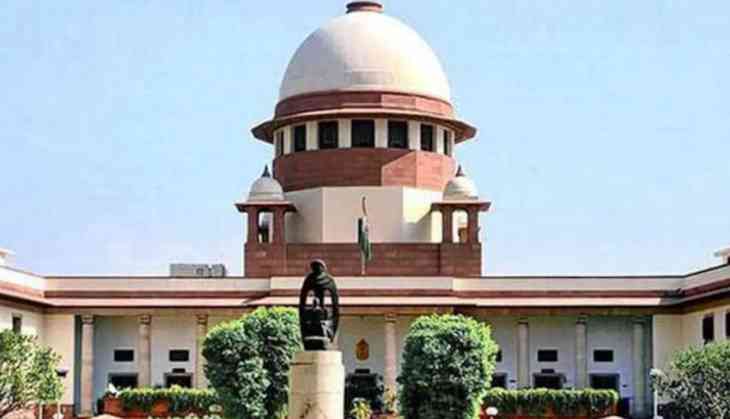
The Supreme Court has agreed to list the pleas - challenging the nullification of Article 370 and the bifurcation of Jammu and Kashmir into two Union Territories - for hearing after the Dussehra break.
On September 23, the bench headed by Chief Justice of India (CJI) UU Lalit said, “We will certainly list it.” Notably, the Dussehra break will start from October 3 and will end on October 9.
The attorney who requested an expedited listing of the case informed the bench that it has been on hold for a year.
Earlier, former CJI NV Ramana had said that he will try to list a bunch of petitions challenging the validity of the law scrapping Article 370 in July.
However, several petitions are pending before the Apex Court that challenges the validity of the law scrapping Article 370 of the Constitution and special status to Jammu and Kashmir and bifurcating the state into two Union Territories.
Later, some petitions were filed against the government's action for delimitation in accordance with the Jammu and Kashmir Reorganization Act, 2019.These petitions alleged that sweeping changes are being brought about by the Centre that has impacted the rights of a large number of people. Despite the fact that the petition is pending before the Supreme Court since 2019, the central government has taken some irreversible actions, the petitions added.
The petitions stated that the Centre has constituted a delimitation commission to mark boundaries in the territory for all the constituencies before an assembly election can be held.
On August 5, 2019, the Central government announced its decision to revoke the special status of Jammu and Kashmir granted under Article 370 and split the region into two Union territories.
A five-judge bench in March 2020 had declined to refer to a larger 7-judge bench- a batch of petitions challenging the constitutional validity of the Centre's decision to abrogate provisions of Article 370 on August 5, saying that there were no reasons to refer the matter to a larger bench.
A number of petitions have been filed in the top court including those of private individuals, lawyers, activists and politicians and political parties challenging the Jammu and Kashmir Reorganisation Act, 2019, which split Jammu and Kashmir into two Union Territories -- Jammu and Kashmir, and Ladakh.


